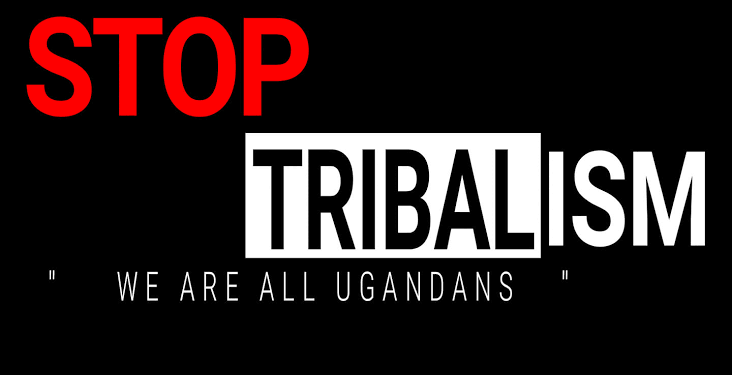After his speech in the Luweero district, a number of political pundits have castigated the leader of the National Unity Platform (NUP) Robert Kyagulanyi for fueling tribalism and sectarianism.
I will not divulge on issues of who is tribalistic and who is not because that has always been a talk and debate that will never end. However, we all know that this vice of tribalism is visible in our communities like the workplace and even in churches.
In churches, I will be tempted to say that the blood of ethnicity is thicker than the blood of Jesus. I have always heard phrases like ‘us versus them’ This has never been God’s wish because He designed every community uniquely so that when they (we) come together in harmony and joy they (we) can make Uganda a fantastic and beautiful place to live in.
We need to know that in a world that is becoming increasingly interconnected/ a global village, it is crucial that we recognize the detrimental effects of tribalism and sectarianism on our societies.
Devil’s hands
These divisive forces have persisted throughout history, sowing seeds of discord, conflict, and hatred. A clear example is that of Rwanda’s genocide, therefore earlier like yesterday we must acknowledge the harm they cause and work towards a more inclusive and harmonious Uganda.
Tribalism and sectarianism are deeply ingrained in human nature. We naturally gravitate towards those who share our beliefs, values, and backgrounds. This sense of belonging and identity can be a source of strength, but it can also lead to exclusion and prejudice when taken to extremes. The dangers of tribalism and sectarianism lie in the “us versus them” mentality, which fosters animosity and distrust between groups.
One of the most concerning consequences of tribalism and sectarianism is the perpetuation of conflict. History is replete with examples of violent conflicts driven by ethnic, religious, or cultural divisions. These conflicts have claimed countless lives, torn apart communities, and left scars that last for generations. The suffering caused by such divisions should serve as a stark reminder of the urgent need to overcome them.
Moreover, tribalism and sectarianism hinder progress and development. When societies are divided along tribal or sectarian lines, resources are often allocated unfairly, and opportunities become limited for those who do not belong to the dominant group. This not only hampers individual potential but also stifles economic growth and social advancement.
In contrast, embracing diversity and promoting inclusivity can lead to a more vibrant and dynamic society. When people from different backgrounds come together, they bring with them a wealth of perspectives, ideas, and talents that can drive innovation and progress. Studies have shown that diverse teams are more creative and better equipped to solve complex problems.
To combat tribalism and sectarianism, we must begin by fostering a culture of tolerance and understanding. Education plays a crucial role in this regard, as it can help dispel stereotypes and misconceptions that fuel division. Schools and communities should promote intercultural and interfaith dialogue, encouraging young people to engage with others from diverse backgrounds.
In addition, leaders and public figures have a responsibility to set an example by eschewing divisive rhetoric and promoting unity. They should emphasize shared values and common goals, reminding us all that we are part of a global community. By highlighting the importance of cooperation and collaboration, leaders can help bridge divides and build a more cohesive society.
It is important to recognize that overcoming tribalism and sectarianism is not a simple task, nor is it something that can be achieved overnight. It requires a collective effort from individuals, communities, and nations. However, the benefits of a more inclusive and harmonious world are well worth the effort. Tribalism and Sectarianism are twin evils that have caused immense harm throughout history and continue to threaten the stability and progress of our societies today.
Therefore, it is incumbent upon us all to work towards a more inclusive and united Uganda, one where diversity is celebrated, and divisions are overcome. By breaking down the barriers of tribalism and sectarianism, we can create a brighter and more peaceful Uganda for all.
Do you have a story in your community or an opinion to share with us: Email us at editorial@watchdoguganda.com












